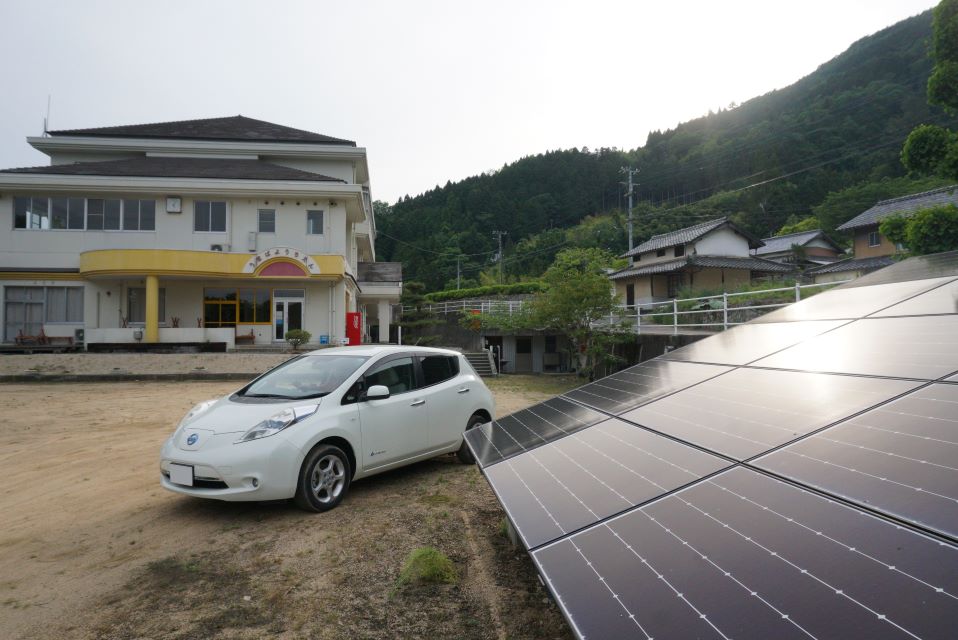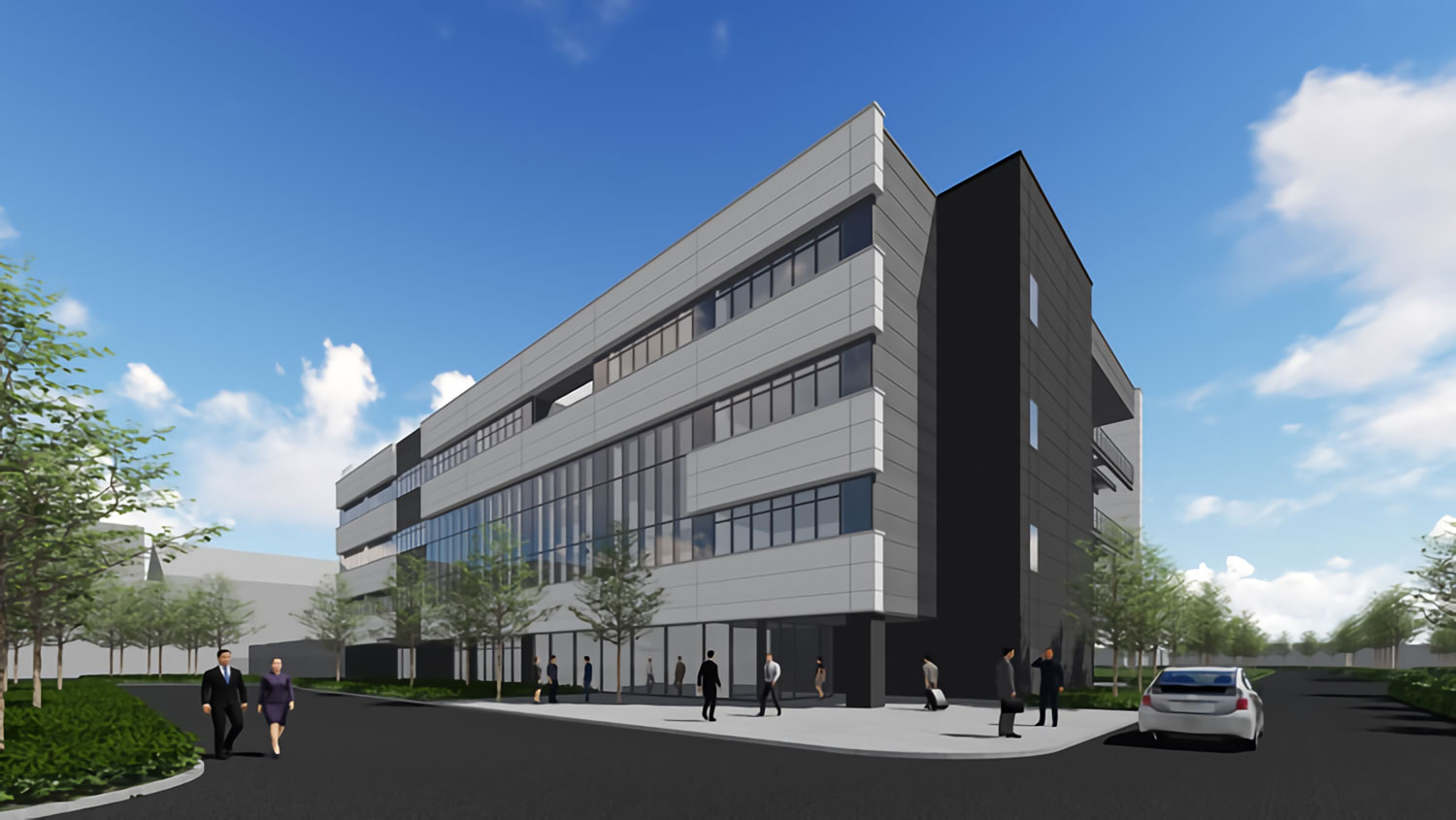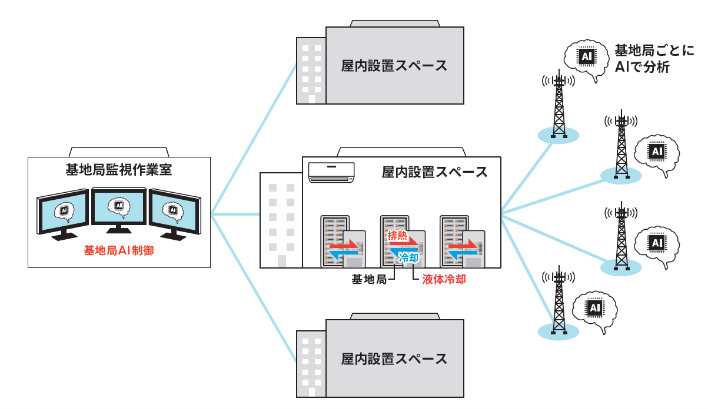Creation of workplaces that reduce GHG emissions, and enhance well-being, comfort and productivity
Ricoh Company, Ltd.
Outline
Ricoh expresses the vision of a sustainable society as a society "Three Ps Balance" where the three Ps of economy (Prosperity), society (People), and global environment (Planet) are well balanced. To realize such a society, we provide our customers' offices and factories with products and services that support productivity improvement, work style reformation, and decarbonization.
Toward realization of the sustainable society, we are pleased to announce the launch of the "RICOH Smart MES Lighting / Air Conditioning Control System," which simultaneously realizes decarbonization in the workplace and improvement of employee health and productivity. (Currently available only in Japan)
Description
(1) Overview of "RICOH Smart MES Lighting / Air Conditioning Control System"
The RICOH Smart MES lighting / air-conditioning control system utilizes unique sensing technology and cloud technology to automatically perform detailed control of lighting and air conditioning: Examples are turning on the lights when entering, turning off the lights in places where there is nobody and put the air-conditioning in energy-saving mode, adjusting the brightness of the lighting near the window during bright daytime, and automatically operating the air conditioning before business hours to welcome customers at an appropriate temperature. You can effectively use lighting and air conditioning in accordance with the time and place while reducing human burden.
In addition, by acquiring the presence / absence data of people and grasping the usage status of the space, it enables the change of layout to the optimum layout according to the actual usage situation. Also, it can reduce the illuminance according to the time to encourage returning home. Overall, it contributes to improving workplaces.
(2) Challenges for Dissemination
In the New Normal era, companies are required to take various measures such as free working styles, improvement of productivity, suppression of long working hours, and decarbonization. At the new office building of Ricoh Japan Gifu Branch (opened in March 2019) in Japan, via generation of renewable energy and energy saving practice, it has achieved the "Nearly ZEB" status defined by the Building-Housing Energy-efficiency Labeling System (BELS). With the introduction of the RICOH Smart MES lighting and air conditioning control system, we were able to respond to the growing needs for well-being (health management), rebuild the workplace itself, and realize "Nearly ZEB" at the same time. Based on our in-house practices we can offer the best tuning of this system to our clients, we will create a comfortable workplace to work, and accelerate decarbonization.
(3) Challenges for further functional improvement
We will improve the functions by utilizing all kinds of sensing data so that we can propose the optimal use of workplaces that match the daily changing work styles. For example, a function that senses air quality such as CO2 concentration and automatically exchanges air between inside and outside, and automatically optimize room condition by sensing physical condition of the employees from their facial expressions and movements. We will continue to expand the functions of the system.
Supplementary information
Similar Innovation Challenges
Accelarating the penetration of renewable energy resources with “Open Energy System”
Sony Group Corporation
Achieving net-zero carbon emissions from plant factories using full artificial lighting
Taikisha Ltd.
Advanced technology for buildings providing energy-saving and comfortable indoor environment (under Net Zero Energy condition)
Mitsubishi Electric Corporation
AI control reduces base station power consumption by up to 50%
KDDI CORPORATION




